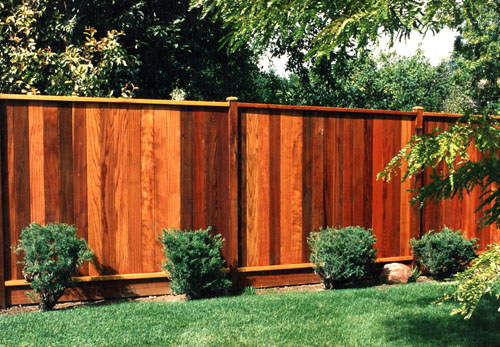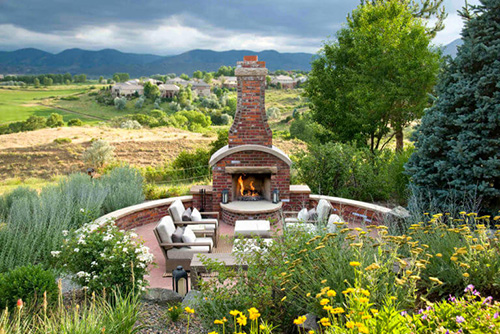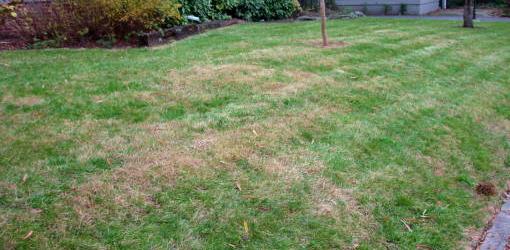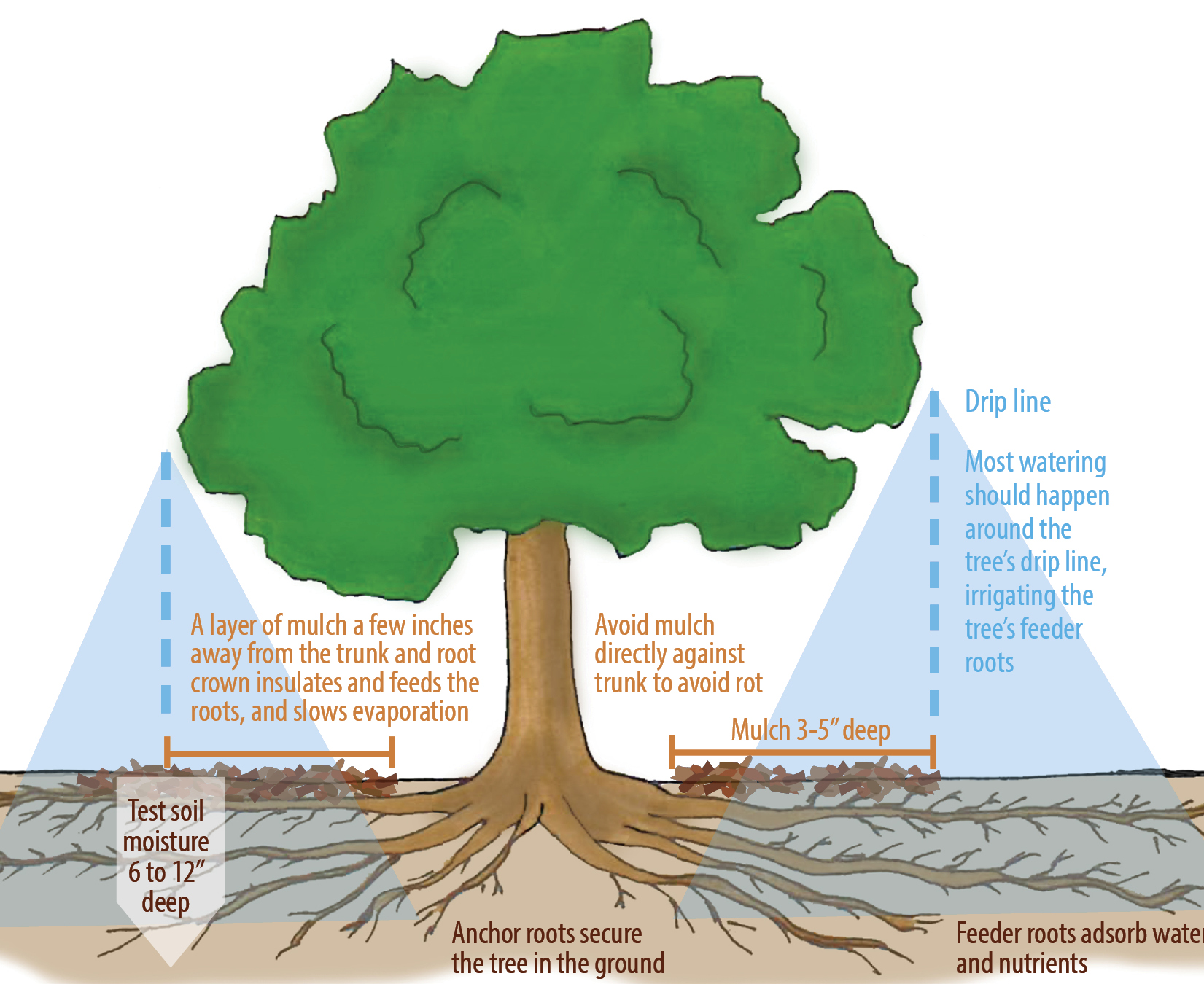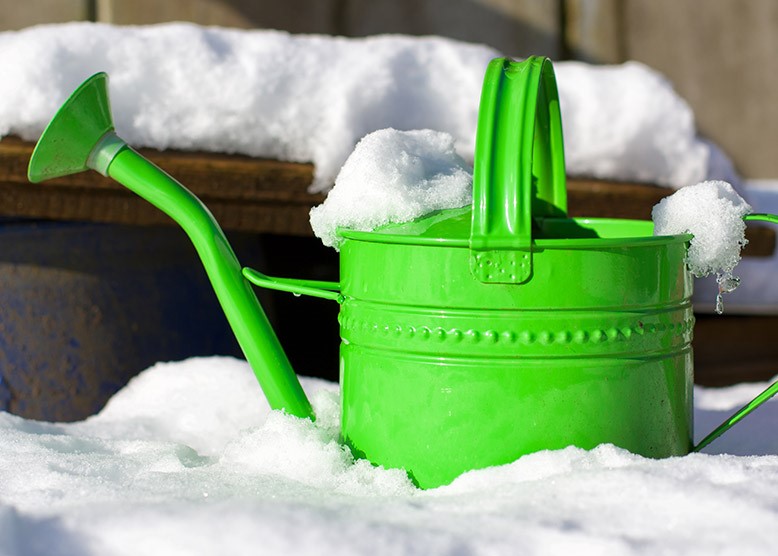Best Type of Fence For My House in Denver, COFebruary 28, 2020
Whether considering a fence for safety and security, privacy, establishing boundaries, noise reduction or primarily aesthetics, it’s important to choose the right material for your project. Your house is your largest investment and depending on the type, and given proper maintenance, a fence can last 10 to 30 years. Residential fences vary in type, material, and style. Materials can even be combined to create one-of-a kind looks, a unique design for every homeowner. Metal – Chain link in residential applications can be used for dog runs, pool enclosures and...READ MORE

